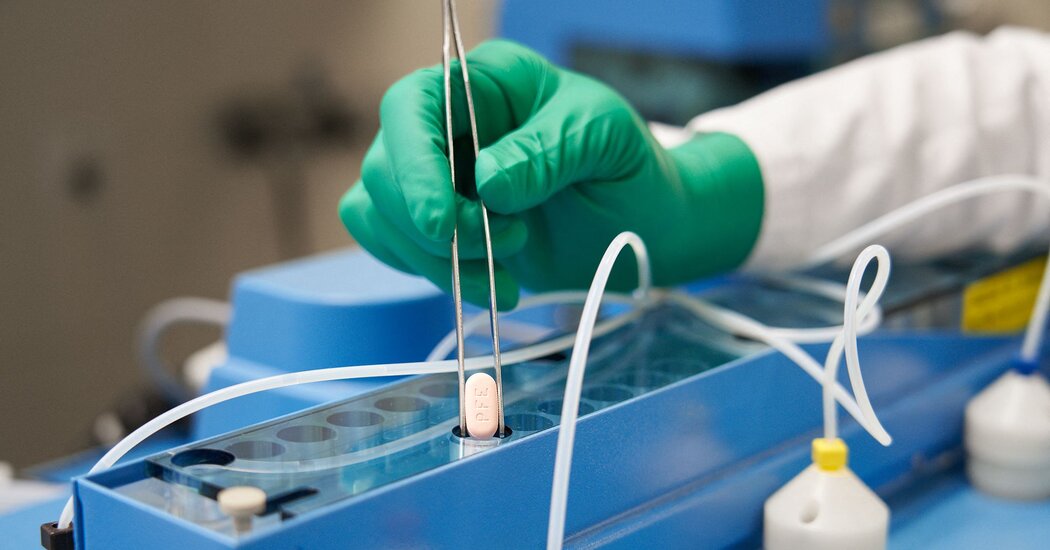
Still, the antiviral pills raise the stakes of a missed diagnosis, said Susan Butler-Wu, a clinical microbiologist at the Keck School of Medicine of the University of Southern California. “It’s not just knowing my status,” she said. “It’s now like, ‘Oh, this result could get me this really lifesaving medication.’”
Antigen tests are generally less prone to false positives, but those errors will become an increasing concern when the virus becomes less prevalent. (Ellume, which makes a popular at-home test, recently recalled two million test kits over concerns about higher than expected rates of false positives.)
Asking patients to take a second, confirmatory test, especially one overseen or conducted by a medical professional, could cut down on both test and user errors, but would chew up more time and may not be practical or even, at the moment, feasible. “I don’t know that we have the scale to do that right now,” Dr. Butler-Wu said.
In the near term, the biggest challenge with rapid antigen tests is likely to be finding them.
“In the United Kingdom, you can go to a pharmacy and get a box of seven antigen tests for free,” Dr. Bilinski said. “In the U.S., you have to be refreshing Walmart’s website to hopefully get BinaxNOW tests during the 15 minutes that they’re in stock.”
The supply crunch could ease soon, experts said. The Biden administration has taken several steps to increase availability, and a number of testing companies are scaling up manufacturing.
“We’re optimistic that the production capacity from both the big players, like Abbott and Quidel, as well as some of the newer smaller players are all hitting the ramp up phase at this point,” said Nathaniel Hafer, a molecular biologist at UMass Chan Medical School.
But the rising case numbers and holiday get-togethers are fueling a surge in demand, and the supply of at-home tests remains unpredictable and uneven. “The availability is still a little bit in fits and starts,” said Gigi Gronvall, a testing expert at Johns Hopkins University.
